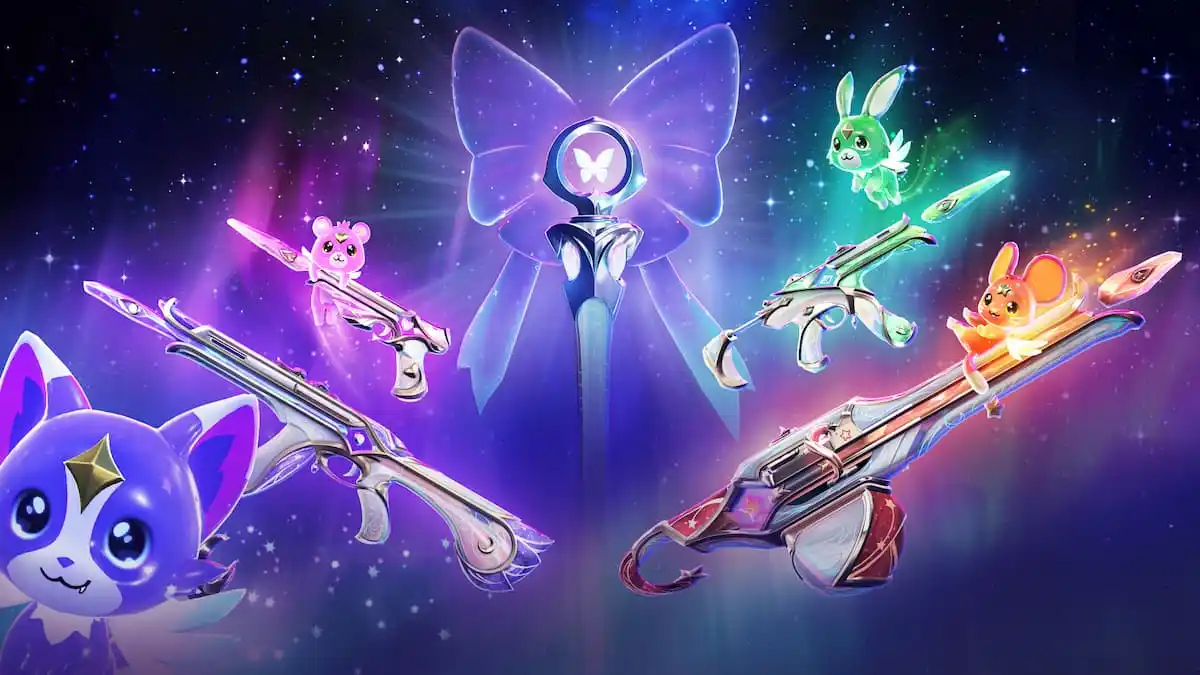VALORANT Patch 7.07 saw Riot Games revert a promising Competitive update meant to combat the game’s increasing botting and rank-boosting problem. Apparently, it was after players revolted against the change. While considering community requests is crucial for a live service game’s well-being, it seems the devs could have handled it better.
In Patch 7.06, Riot announced the tightening of VALORANT’s Competitive party restrictions, establishing that Ascendant players and above won’t be able to queue with Gold players and below—even in five-stack scenarios. The change was brought after the community reported increasing cases of bots in low Elos, smurfs, and rank-boosting practices.
Unfortunately, just one patch later, Riot announced that it decided to remove the change after considering community feedback.
“Initially, the rank restriction was made to prevent people from illegitimately boosting to the highest ranks like Radiant. In the end, we realized that your ability to have flexibility with your 5 stack was more important than the very small number of people who abuse this exploit,” the patch notes read, and I was never more disappointed.
Frankly, I thought it was a wonderful change and capable of at least reducing some of VALORANT’s biggest issues. Why would Ascendant players want to queue with Gold and lower-ranked players in Competitive games?
Of course, there’s friendship. It’s easy to drift apart in ranks when your friend grinds more than you. It might be painful not to be able to play with a friend just because they are in a higher Elo than you.
But the rule wasn’t that bad either. Ascendant, Immortal, and Radiant players could still queue with up to Platinum players. Isn’t that enough flexibility?
Ultimately, VALORANT is a competitive game, and we all mean to climb ranks instead of just “playing with friends.” Queuing with that much rank disparity messes up the matchmaking rating (MMR), leading to a very imbalanced experience. Other problems include longer queue times, lesser rank rating (RR) gain, and higher RR loss.
Not to forget, smurfs and rank boosters can easily take advantage of this free system—which is why Riot brought the change in the first place.
What Riot could have done—instead of backtracking completely—is ease up on the rank difference. For instance, instead of setting the threshold to Platinum, Ascendant and higher-ranked players may choose to queue with players up to Gold or Silver.
It simply doesn’t make sense that Radiant players are still allowed to queue with Iron players in five-stack parties. VALORANT’s Competitive is a serious mode, and queuing with that much rank disparity shouldn’t be allowed—friendship isn’t the top priority in a competitive tac shooter of this kind.
There are always other casual VALORANT game modes like Unrated, Spike Rush, and Team Deathmatch for you to play—if you want to play the game just for friendship. Or maybe try a game that’s not this cutthroat?
While Riot’s backtracking on this decision doesn’t resonate with me, it did acknowledge that “boosting is a risk to competitive integrity” and is “working on an appropriate long-term solution” to the issues.
Well, boosting isn’t just a ‘risk’—it has already caused immense damage to VALORANT’s ranked experience. As someone who regularly faces the game’s ugly side, I can’t wait to see what Riot has in mind for next time.






Published: Oct 4, 2023 03:01 am